NUK Hosts Thai Affairs Lecture: Deputy Representative Sunh Arunrugstichai Shares Latest Political, Economic, and Cultural Insights
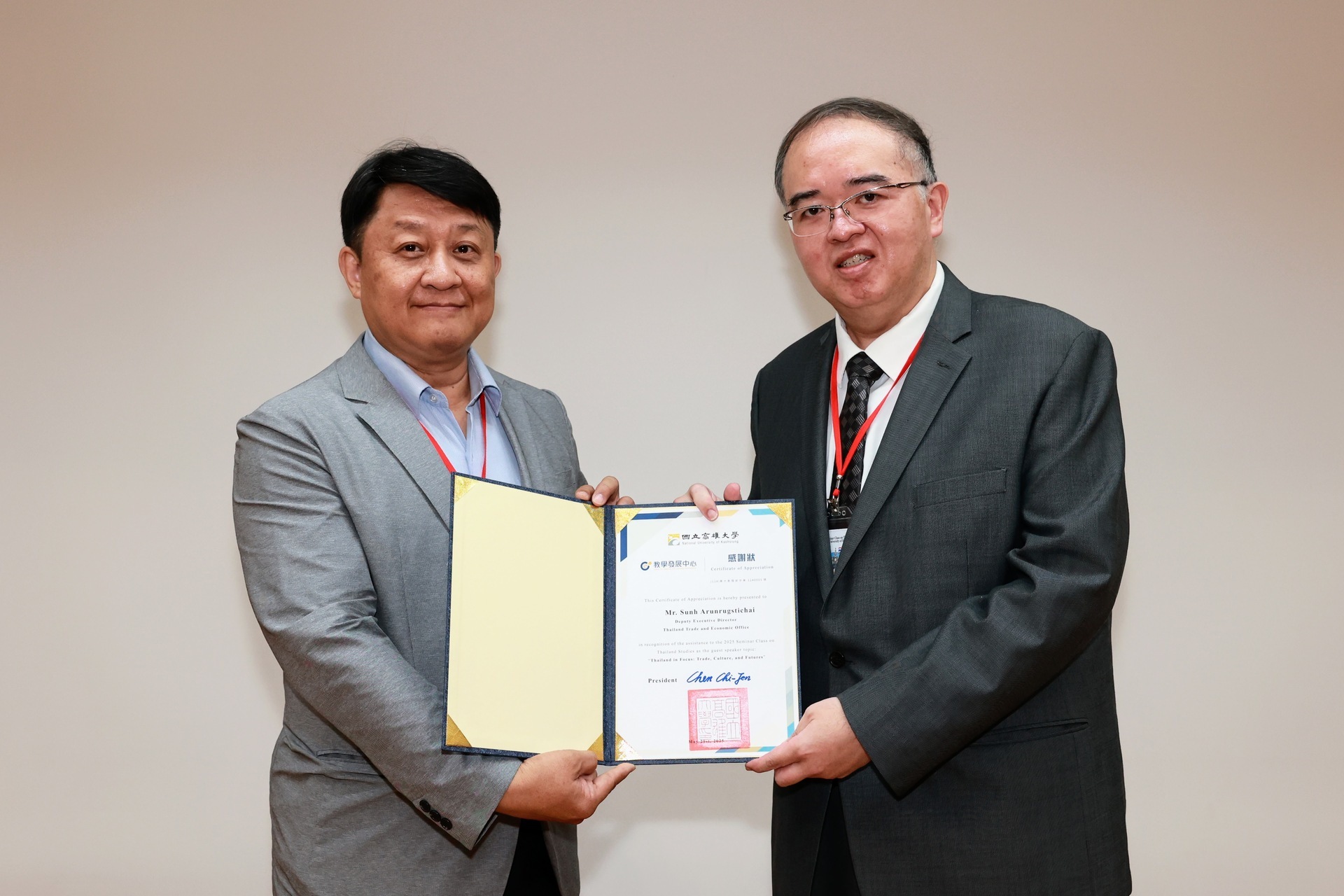
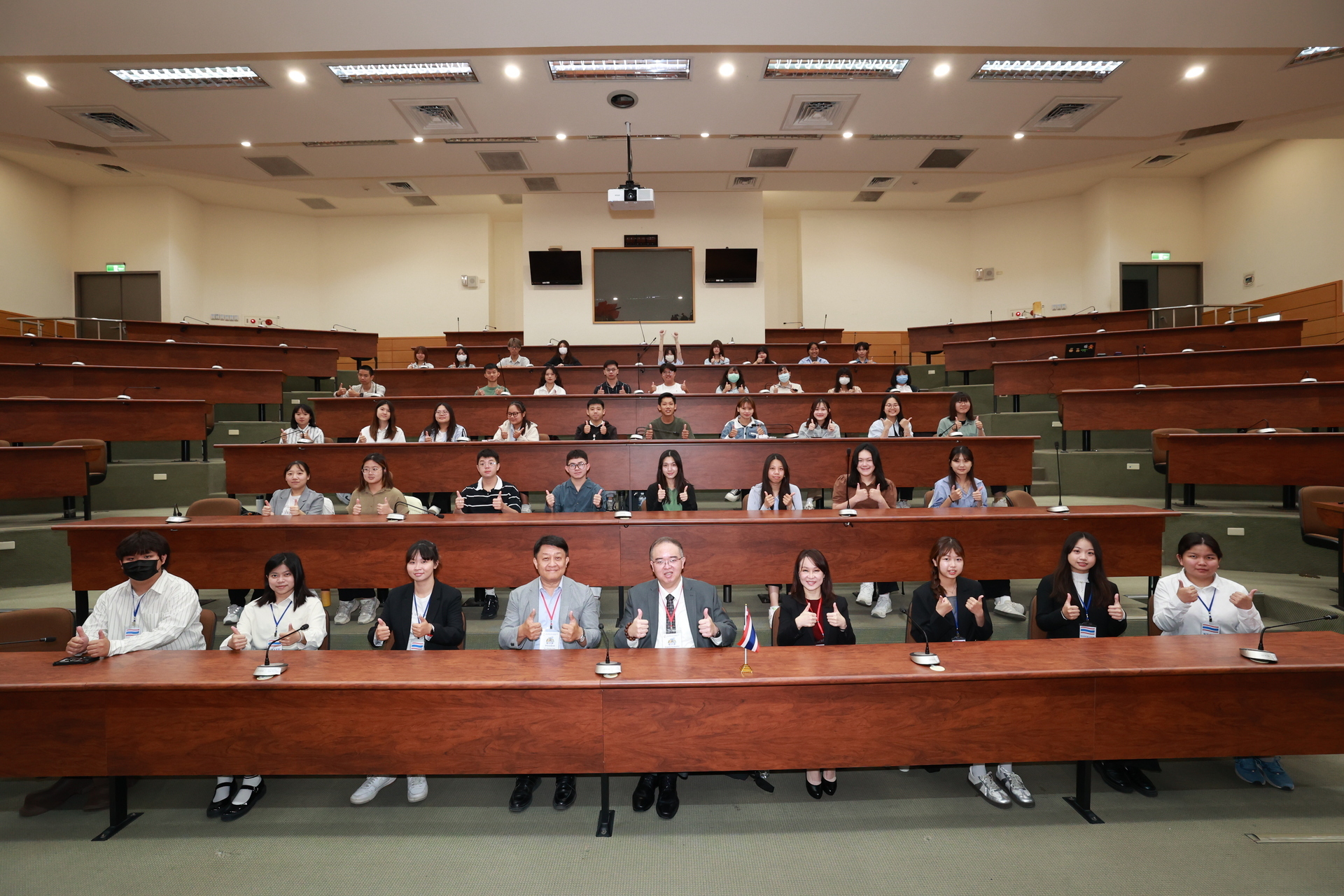
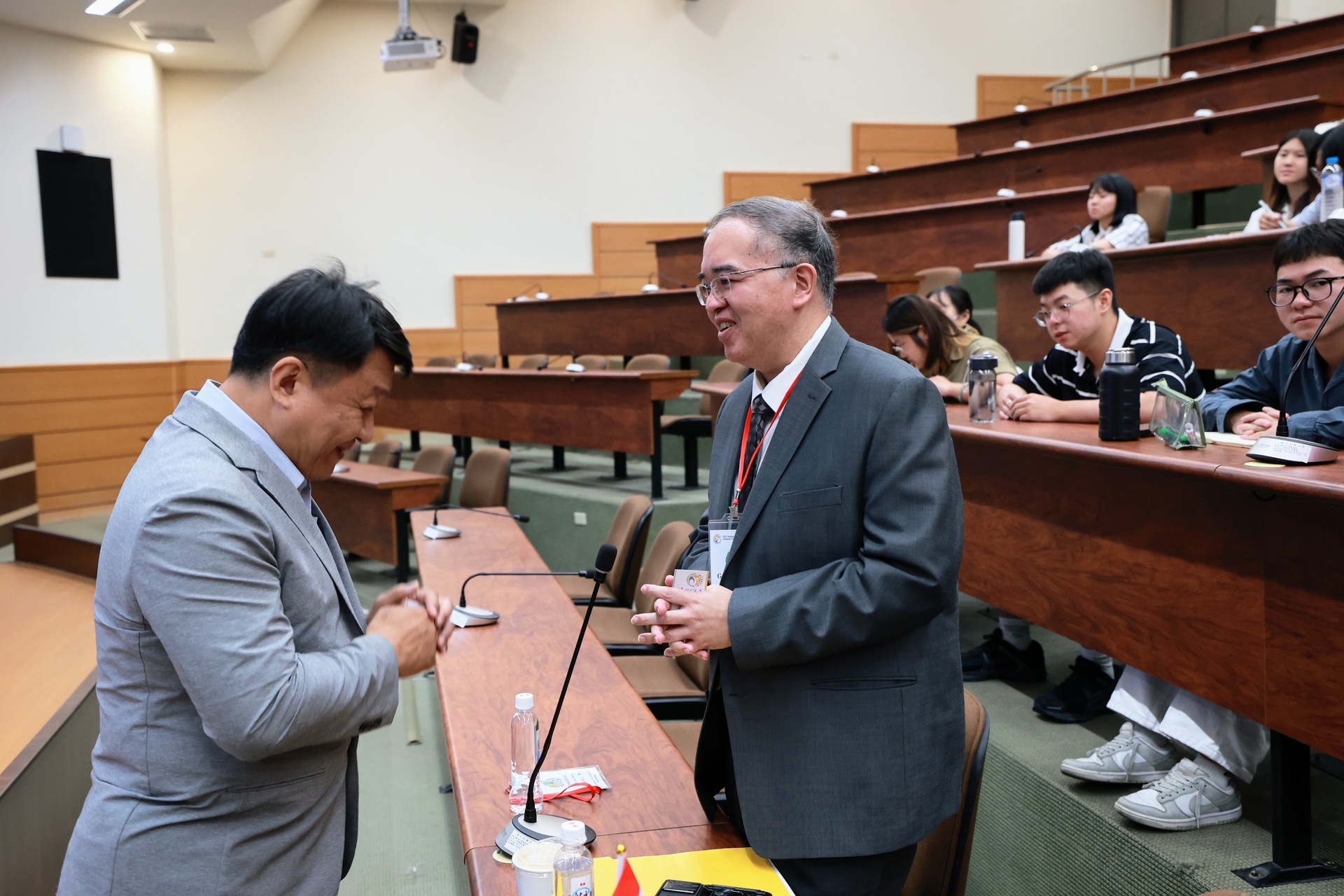
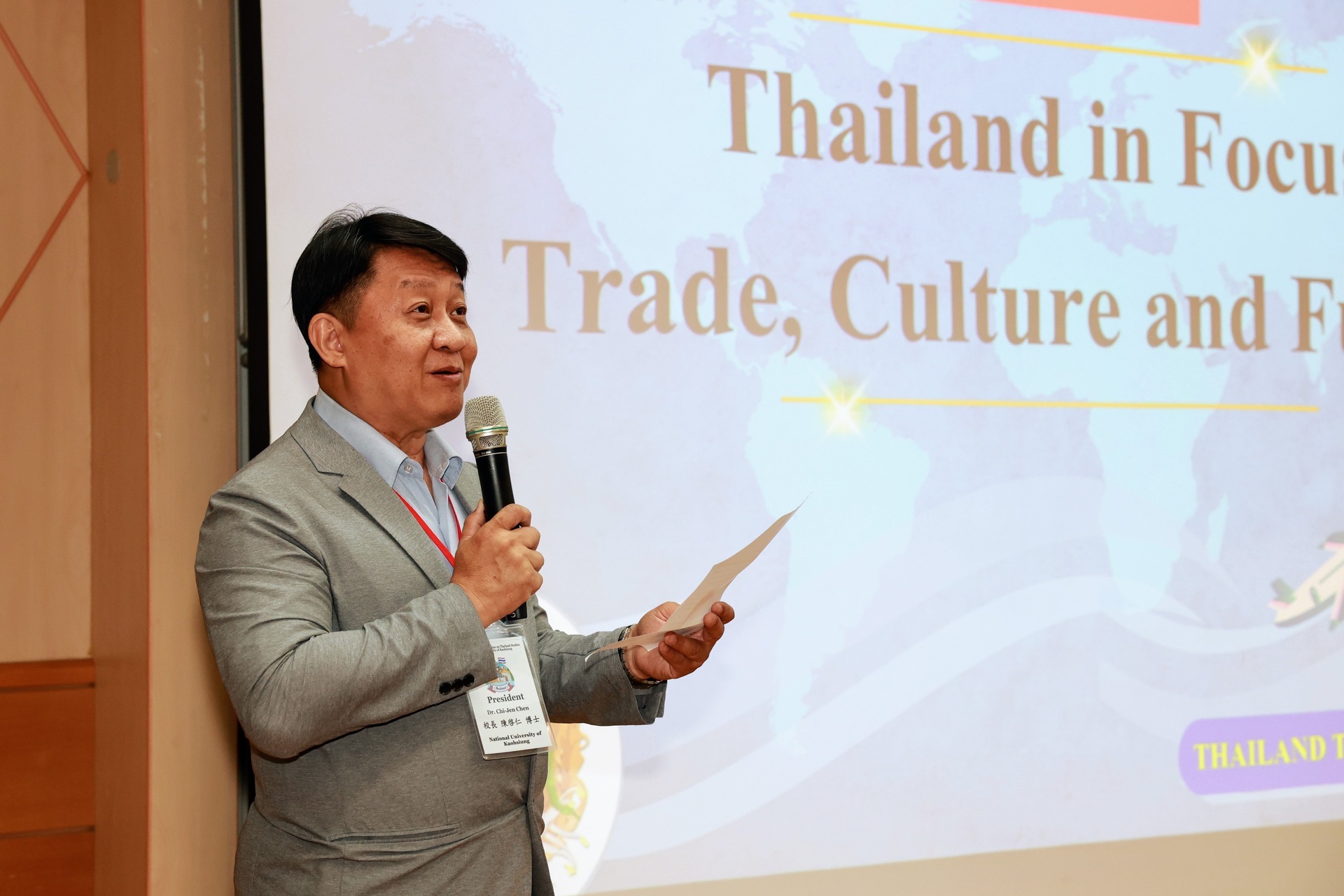



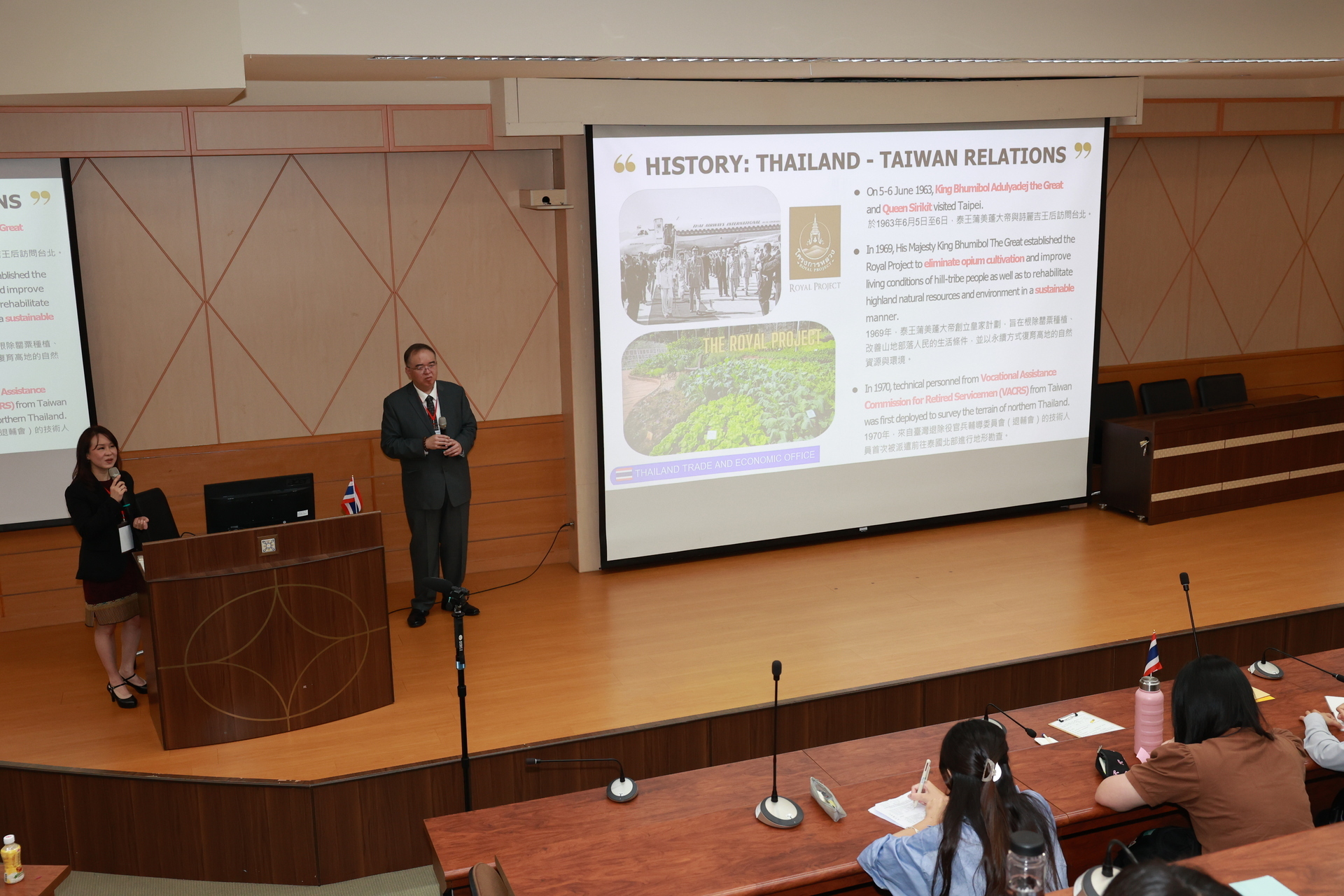
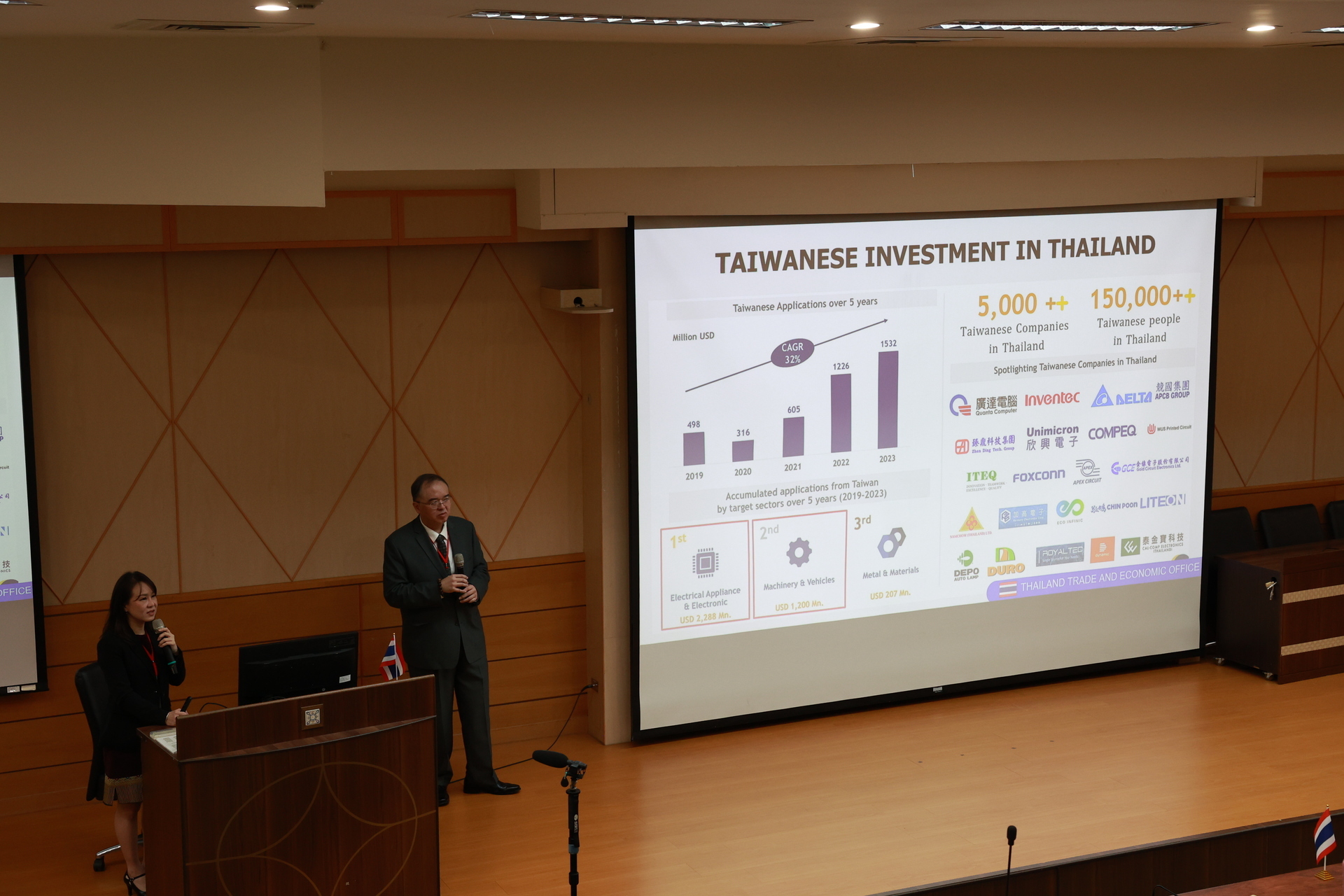
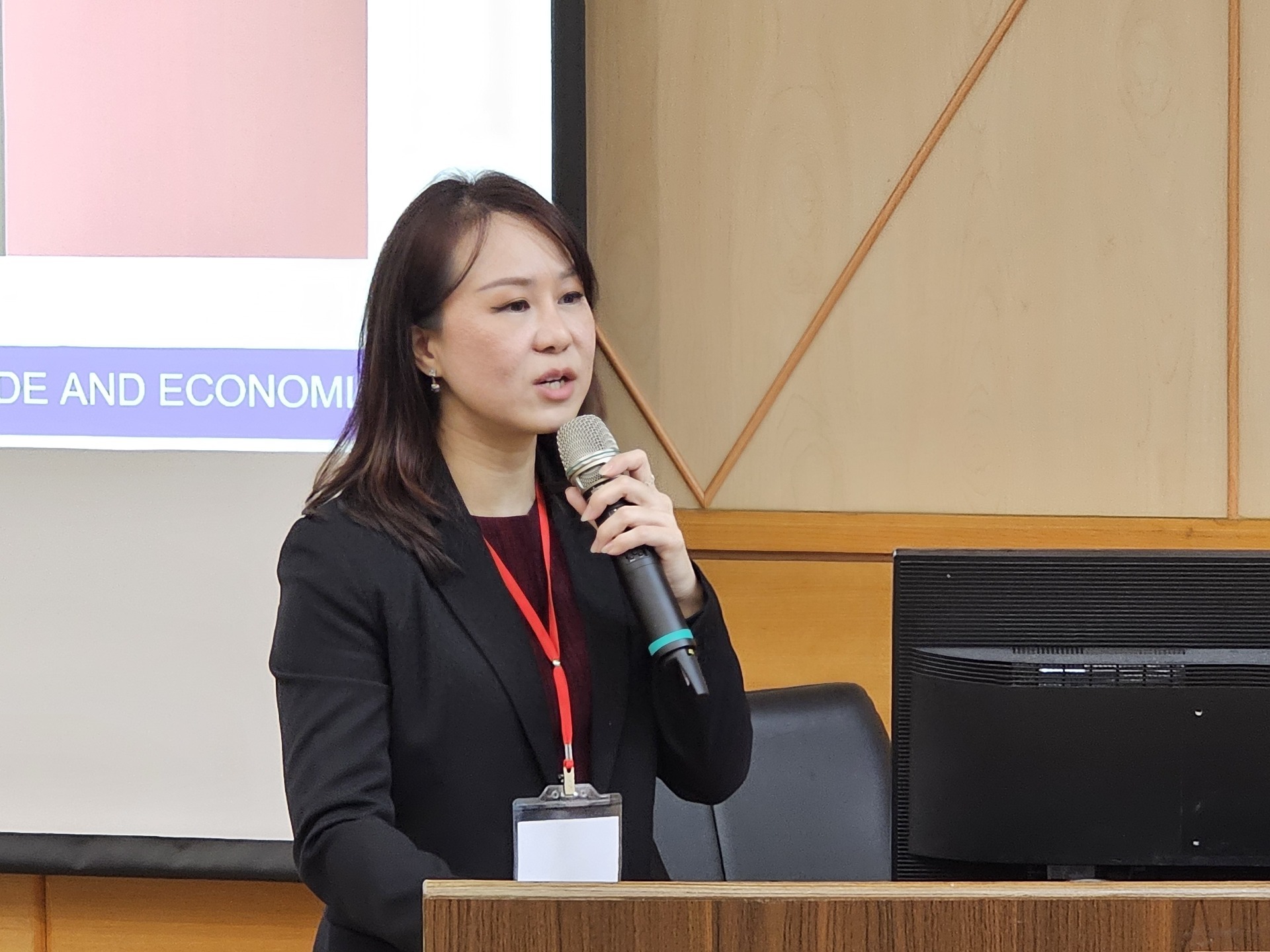
【Text and Photos: Asst. Prof. Warinthorn Paphakin, Department of East Asian Languages and Literature; Edited by: Public Affairs Section】
【Promotion of the United Nations Sustainable Development Goals (SDGs) series】
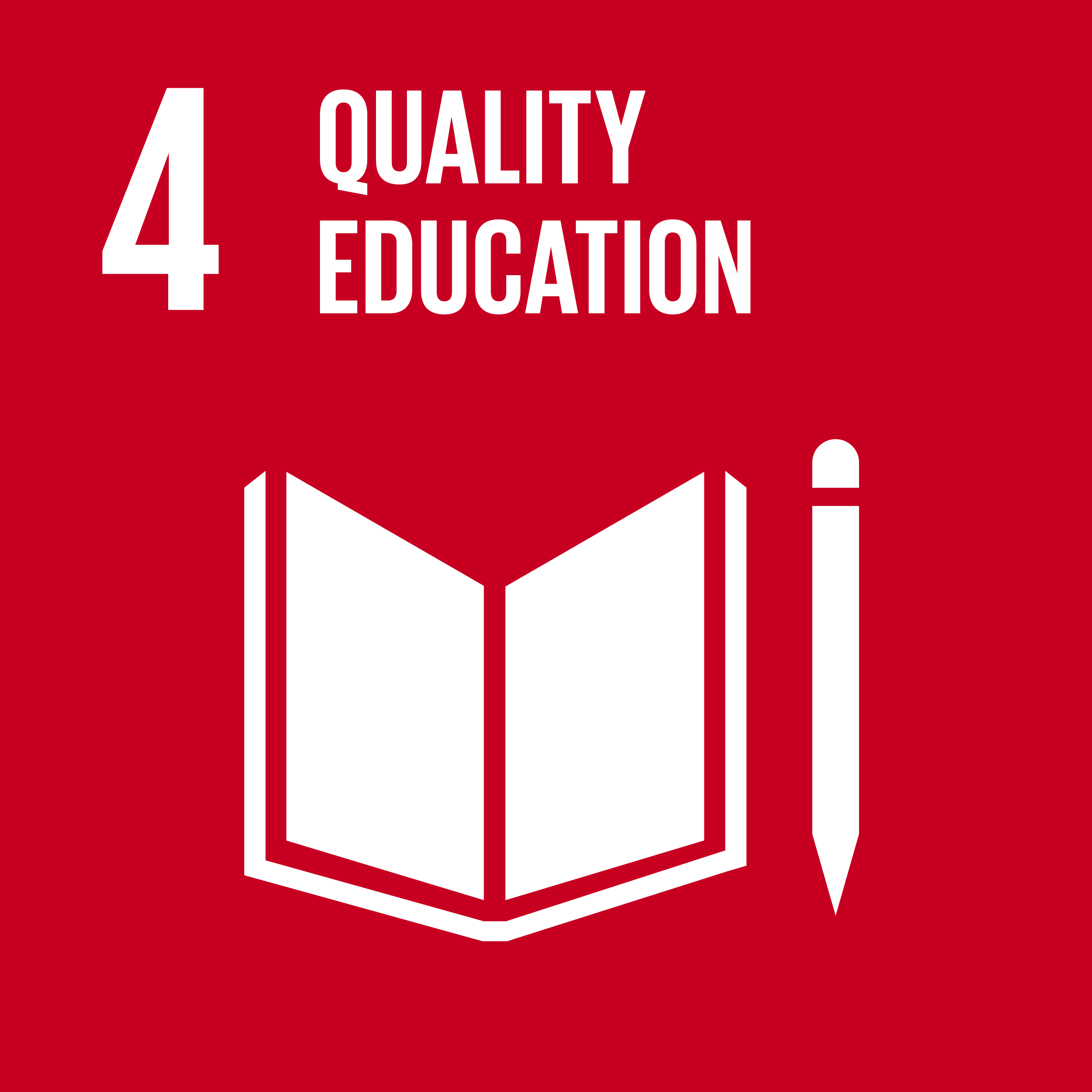
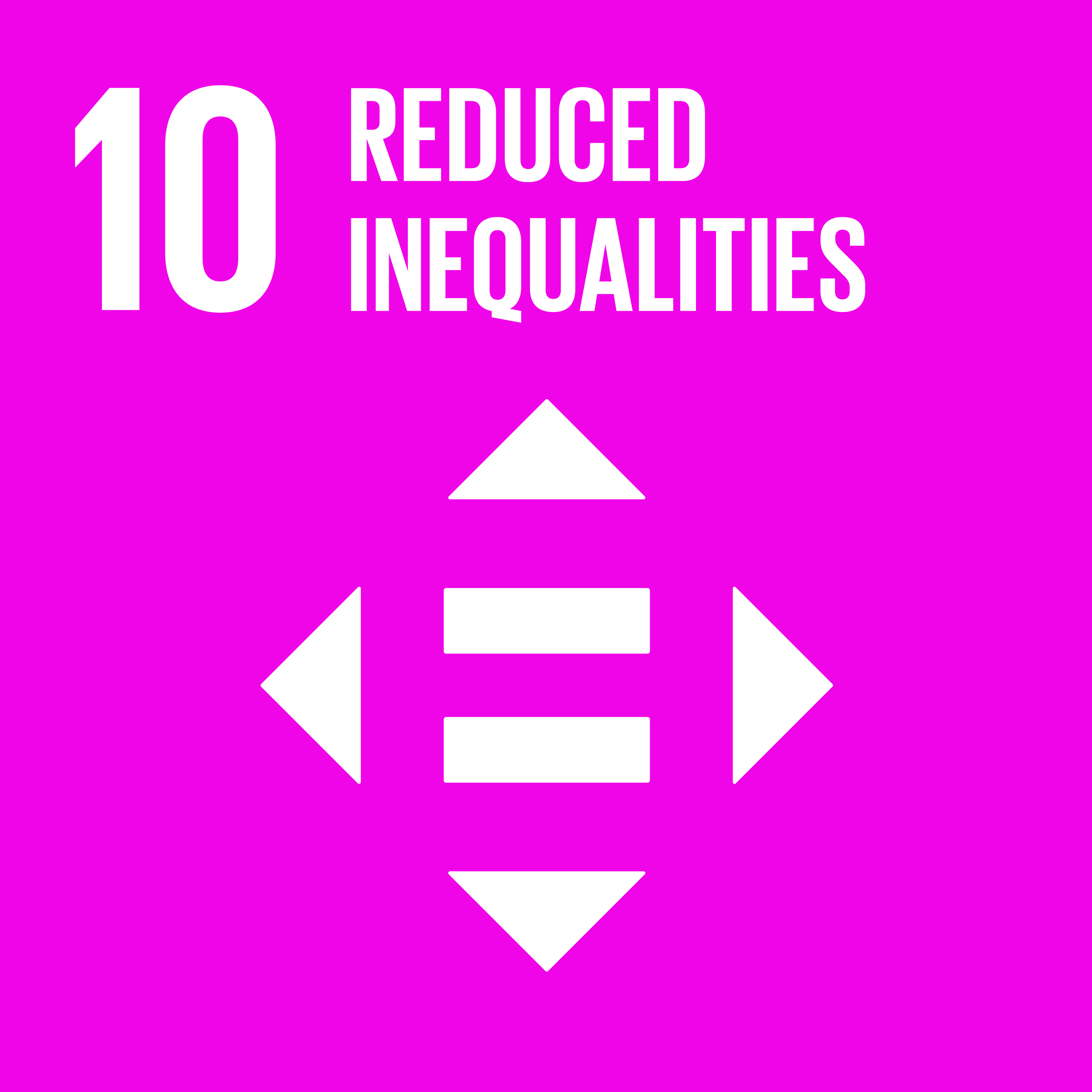
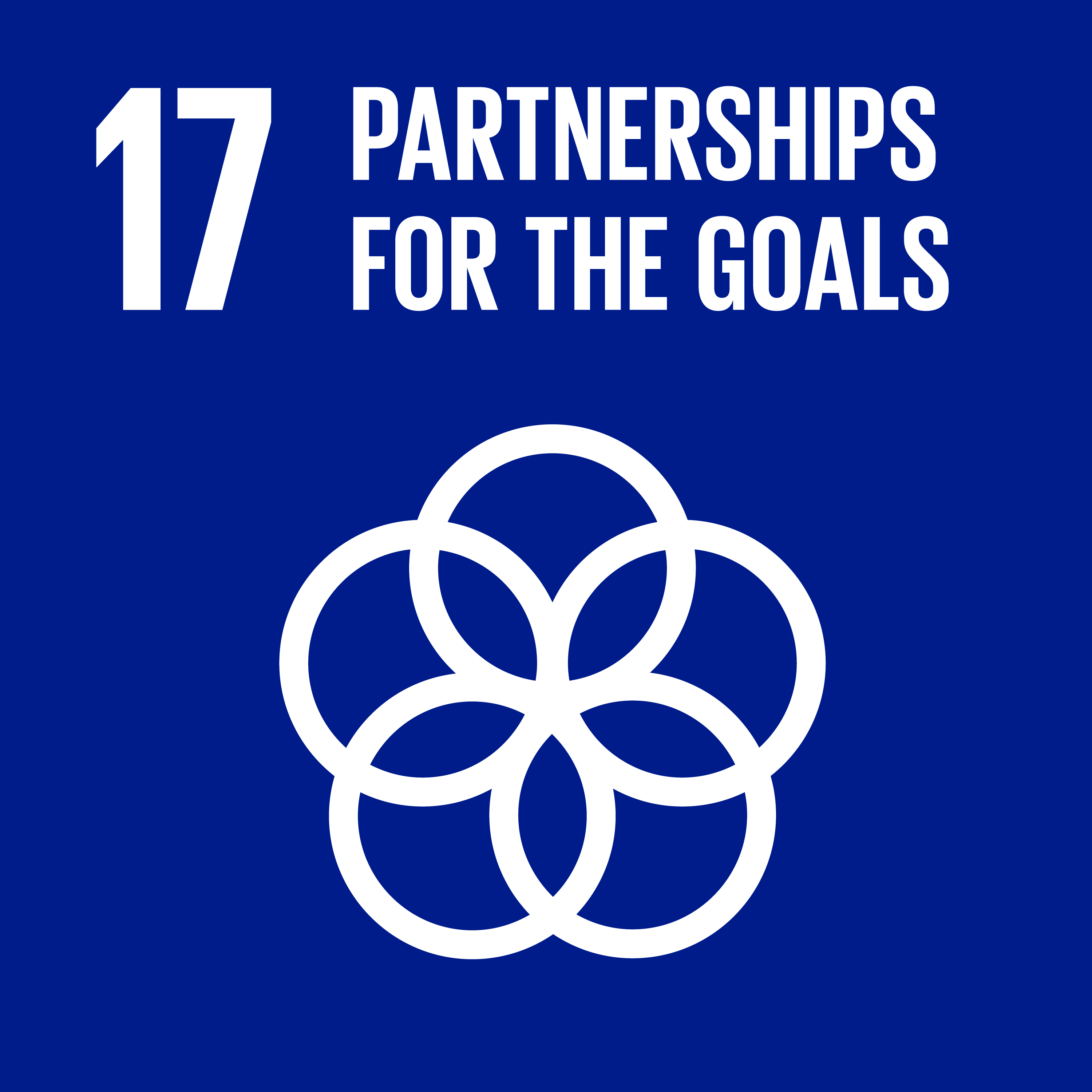
2025-06-02 The National University of Kaohsiung (NUK) recently held a special lecture titled “Thailand in Focus: Trade, Culture, and Futures,” featuring Mr. Sunh Arunrugstichai, Deputy Representative of the Thailand Trade and Economic Office in Taipei. With engaging and accessible insights, Mr. Arunrugstichai discussed Thailand’s current economic and trade conditions, cultural characteristics, and regional development trends, aiming to help students and faculty broaden their global perspectives and deepen Taiwan–Thailand relations.
In his opening remarks, NUK President Chen Chi-Jen emphasized that Thailand has long been a key partner for Taiwan in Southeast Asia, with active exchanges in education, trade, tourism, technology, and culture. He highlighted the university’s collaboration with Chulalongkorn University since 2016 in offering the CU-TFL Thai Language Proficiency Test, calling it a milestone in promoting New Southbound language and cultural education. “NUK is committed to internationalization and continues to play a vital role in deepening academic and cultural ties with New Southbound countries,” President Chen stated. “We hope this lecture inspires new opportunities for cross-border understanding and cooperation.”
The lecture, held on May 29, also served as an extension activity for two courses—Tourism Thai II and Elementary Thai II—taught by Assistant Professor Pan Wan-Ling of the Department of East Asian Languages and Literature. Through face-to-face interaction between the official representative and students, the event bridged theory and practice, enhancing students’ understanding of the Thai language and the country’s cultural dynamics. Professor Pan noted that Mr. Arunrugstichai’s firsthand insights offered students a rare opportunity to grasp Thai policies and social conditions, motivating deeper learning and fostering international awareness. She expressed her hope to organize similar events in the future to further promote Taiwan–Thailand cooperation in language and cultural education.
In his remarks, Deputy Representative Arunrugstichai shared his deep personal connection with Taiwan, having previously worked here and now serving his second posting. He said Taiwan feels like a second home to him. He noted that there are currently around 80,000 to 90,000 Thai nationals living in Taiwan—including laborers, marriage immigrants, and international students—and that a local office in Kaohsiung supports services for them, reflecting the close people-to-people ties between the two regions. He emphasized that Thailand and Taiwan share core values such as freedom and democracy. Both have been pioneers in Asia in legalizing same-sex marriage, symbolizing mutual respect for human rights and multiculturalism.
On the topic of economic cooperation, Mr. Arunrugstichai pointed out that Taiwan has consistently ranked among the top four foreign investors in Thailand. Taiwanese companies have deeply integrated into Thailand’s industrial supply chain, playing key roles in sectors such as electronics, automotive parts, and printed circuit boards (PCBs). Over 5,000 Taiwanese firms have invested and established factories in Thailand, significantly contributing to local exports and employment. He also noted Thailand’s push toward developing electric vehicles (EVs) and the semiconductor industry, expressing hope for deeper collaboration with Taiwan in advanced manufacturing, as both countries look to a green and innovation-driven future in the Asia-Pacific region.
Mr. Arunrugstichai also introduced Thailand’s rich and diverse cultural landscape, explaining that the country is divided into five major regions with distinct religious and linguistic features. Influenced by both Indian and Chinese cultures, Thailand exemplifies remarkable cultural diversity. He encouraged students to explore various regions—north, central, and south—if they ever have the chance to visit, to personally experience the unique lifestyles and traditions of each area. He also revisited the historical ties forged through the Royal Agricultural Project initiated by King Rama IX and Queen Sirikit during their visit to Taiwan in 1963, recognizing Taiwan’s contributions to crop substitution and social transformation in northern Thailand.
#SDG4 #SDG10 #SDG17 @Department of East Asian Languages and Literature &Activities
